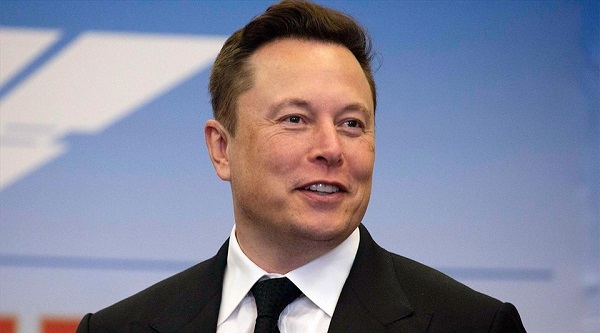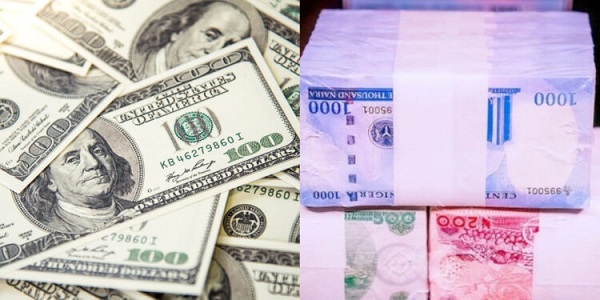Elon Musk, the CEO of Twitter and the wealthiest person in the world, has apologised to an ex-employee dismissed from the company in a less than courteous manner.
The former staff member, a designer named Haraldur Thorleifsson, who has a physical disability, publicly claimed he was fired without prior notice.
This led to a heated exchange between Thorleifsson and Musk on social media. The latter accused the former of being independently wealthy and not contributing anything of substance to the company.
“(He) claimed as his excuse that he had a disability that prevented him from typing, yet was simultaneously tweeting up a storm. I can’t say I have a lot of respect for that. But was he fired? No, you can’t be fired if you weren’t working in the first place!” Musk tweeted.
Replying to the remarks, a Twitter user, @danielhoughton, who claimed to have worked with Haraldur, defended the creative designer and asked Musk to reconsider his stance.
“I would like to apologise to Halli for misunderstanding his situation. It was based on things I was told that were untrue or, in some cases, true but not meaningful. He is considering remaining at Twitter,” he wrote.
Haraldur is a physically challenged creative designer who runs a non-profit organisation that builds wheelchair ramps in Iceland. He founded a full-service creative agency, Ueno, which Twitter acquired in 2021.












